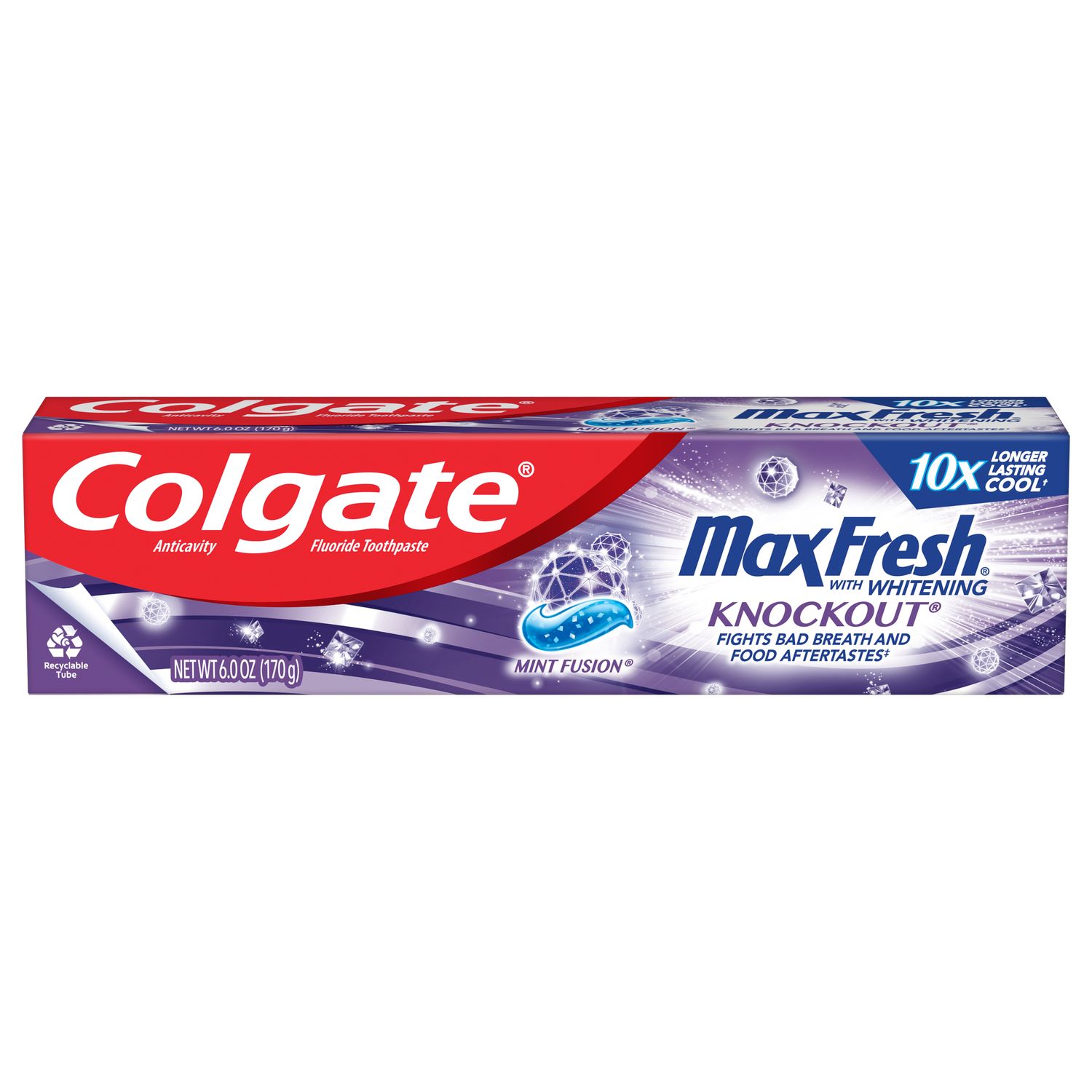Your oral hygiene routine is flawless and your dentist or hygienist has given you a clean bill of health — so why does your breath still smell?! If you’re asking yourself this question on a regular basis, then you’ll be pleased to know that the solution to your bad breath may be right there in your kitchen or bathroom cabinet! Read on to learn more about the best bad breath natural remedies, from crunchy fruits and veggies to fresh, fragrant herbs.
Natural Remedies For Bad Breath
Crunchy Fruits and Vegetables
Not only are crunchy fruits and veggies loaded with healthy nutrients, they’re also great for your oral health – and your breath. Bad breath is often caused by a build-up of bacteria in the mouth, which can produce foul-smelling sulfur compounds. Bacteria can also form a sticky film called plaque over your teeth, which can lead to conditions associated with bad breath, like gum disease.
Crunchy fruits and veggies help to naturally fight bad breath in two ways. First, they scrub away plaque and bacteria from the teeth as you chew. Second, they stimulate saliva flow, which helps to rinse away odor-causing bacteria, sulfur compounds, and food debris. So if you want to freshen your breath fast, grab some carrot sticks or…
Apples
You know what they say about an apple a day! Packing all the oral health benefits of other crunchy fruits and veggies, apples get a special shout-out for their extra powers as a bad breath natural remedy.
You know how garlic breath lingers even after you brush your teeth? That’s because the stinky sulfur compounds aren’t just in your mouth, they’re also in your bloodstream. Long after you’ve enjoyed that last slice of garlic bread, you’re still breathing out the compounds from your lungs. Apples contain chemicals that help to neutralize those compounds in the bloodstream, meaning they won’t come back to haunt you later!
Citrus Fruits
As well as rinsing your mouth clean, saliva has another important job: maintaining the pH of your mouth. When you eat something acidic, it kicks saliva production into high gear to help restore your mouth to its neutral state. So by enjoying citrus fruits like oranges, lemons, limes and grapefruit – juiced or whole – you can stimulate saliva flow and enjoy the breath-freshening side effects.
A word of caution, though! There’s a good reason we have this natural defense against acid: too much can be very bad for your teeth. So try to enjoy citrus fruits and juice in moderation, and always rinse your mouth with water afterwards.
Fermented and Probiotic Foods
Your mouth is home to countless bacteria and other microorganisms, some of them friendly and some of them not. Friendly bacteria tend to keep the others in check, but when this balance is affected, odor-producing bacteria can thrive.
Fermented and probiotic foods contain live strains of beneficial bacteria that can help to restore order in the mouth, fight bad breath, and also benefit your gut health. Yogurt, for example, is packed full of friendly bacteria called lactobacillus. Other fermented and probiotic foods and drinks include:
- Sourdough bread.
- Miso.
- Kefir (similar to yogurt).
- Pickles.
- Cheese.
- Tofu.
- Tempeh.
- Kimchi.
- Sauerkraut.
- Apple cider vinegar.
- Kombucha.
Pineapple
It’s not clear exactly how (or if!) it works, but many people swear by fresh pineapple or pineapple juice as a bad breath natural remedy. Pineapple is delicious and nutritious, so even if it doesn’t freshen your breath, it can still provide other benefits. However, pineapple is acidic and high in sugar, so protect your teeth by enjoying it in moderation and rinsing your mouth with water afterwards.
Fresh Herbs and Spices
Chewing on fresh herbs like basil, parsley, and mint has long been believed to naturally freshen the breath. They contain beneficial antibacterial substances like chlorophyll, along with polyphenols that break down sulfur compounds responsible for bad breath. So go ahead and order that extra garlic on your pizza – just make sure you ask for extra basil, too!
Spices like fennel, anise and cardamom also have a long history as a bad breath natural remedy, and are still used today in some parts of the world. When chewed, they release sweet-smelling essential oils and other compounds that can freshen breath and fight odor-causing bacteria.
Perhaps the best bad breath natural remedy out there is good ol’ H2O. Just like saliva, water neutralizes acidity and washes away food debris, bacteria and odorous compounds from the mouth. In fact, saliva is mainly made from water, so staying properly hydrated can prevent bad breath from dry mouth, too.
Milk
Milk can help to neutralize the odors from strong-smelling foods like onion and garlic. It can also help to neutralize the acids that can contribute to tooth decay and erosion. Some people do report bad breath after drinking milk, so this home remedy isn’t for everyone. However, if it works for you, grab a glass and enjoy the other health benefits, too!
Coffee is a well-known bad breath culprit. But if you enjoy a hot drink to start your day, you might be pleased to know that green tea is much better for your breath. It contains antibacterial compounds that fight odors, and it's packed with healthy antioxidants too.
Also called sodium bicarbonate, baking soda is a known antibacterial agent that is often included in toothpastes. You can make a baking soda rinse by adding 1/4 teaspoon of baking soda to cup of warm water and swishing for 30 seconds, then spitting it out.
Now you have lots of bad breath natural remedies to choose from for freshening your breath and boosting your confidence. But if you find that you're fighting off bad breath on a regular basis, talk with your dentist about potential underlying conditions, like gingivitis, cavities or tonsil stones.
This article is intended to promote understanding of and knowledge about general oral health topics. It is not intended to be a substitute for professional advice, diagnosis or treatment. Always seek the advice of your dentist or other qualified healthcare provider with any questions you may have regarding a medical condition or treatment.
ORAL HEALTH QUIZ
What's behind your smile?
Take our Oral Health assessment to get the most from your oral care routine
ORAL HEALTH QUIZ
What's behind your smile?
Take our Oral Health assessment to get the most from your oral care routine















